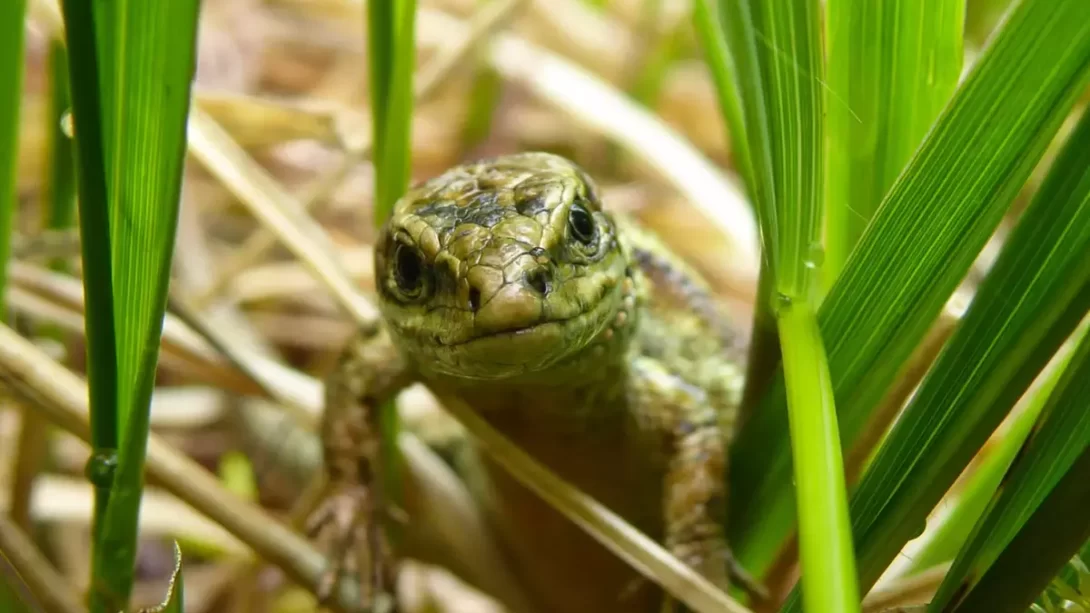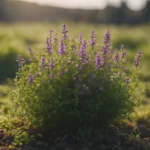Lizards, with their diverse species and habitats, are a common sight in many environments, including gardens and grasslands. A question that often arises among gardeners and nature enthusiasts is whether these reptiles consume grass. This article aims to explore the dietary habits of lizards and clarify their relationship with grass.
Lizards: An Overview
Lizards belong to the order Squamata, which includes a vast array of species varying in size, shape, and habitat preference. They inhabit diverse environments, from deserts to forests, adapting their diet to the resources available in their specific habitats. The role of lizards in ecosystems is multifaceted, often serving as both predator and prey, and thus they play a crucial part in maintaining ecological balance.
The Varied Diet of Lizards
Lizards predominantly have an insectivorous or carnivorous diet, feeding on a range of insects, spiders, and sometimes smaller animals. However, some species are known to be herbivorous, consuming plant material. It’s important to note that the herbivorous diet of certain lizards usually involves fruits, leaves, and flowers, rather than grass. The dietary habits of lizards are largely influenced by their species and the ecological niches they occupy.
Grass and Lizards: Is There a Connection?
While lizards are often seen darting through grassy areas, their presence there is typically not for eating grass. Most lizard species do not include grass in their diet. Instead, they are drawn to these areas for other reasons such as hunting insects, seeking shelter, or basking in the sun. Grass provides an ideal habitat for many of the small insects that form the primary diet of numerous lizard species.
Lizards in the Garden: Beneficial or Harmful?
The presence of lizards in a garden, including in grass areas, is generally beneficial. They help control pest populations by feeding on common garden insects such as aphids, beetles, and caterpillars. This natural pest control can contribute to the health of garden plants, including grass, by reducing the damage caused by these insects. Lizards do not pose a threat to the health of the grass or other plants in the garden.
Attracting Lizards to Your Garden
Encouraging lizards in your garden can be advantageous for natural pest control. Creating a habitat that is welcoming to lizards involves providing hiding spots such as rocks, logs, or dense plantings. Additionally, maintaining a pesticide-free garden ensures a safe environment for lizards and helps maintain a balanced ecosystem.
Supporting Lizard Habitats in Gardens
To further support lizards in your garden, consider planting a variety of foliage that offers shelter and attracts insects. Gardens with a mix of shrubs, ground covers, and flowering plants create a diverse ecosystem that is ideal for lizards. Providing water sources, like a shallow dish or a small pond, can also attract these reptiles, as well as the insects they feed on.
Lizards as Indicators of a Healthy Ecosystem
Lizards can be seen as indicators of a healthy garden ecosystem. Their presence signifies a balanced environment where predators and prey coexist, leading to natural pest control and reduced need for chemical interventions. By supporting lizard populations, gardeners can contribute to biodiversity and ecological stability in their outdoor spaces.
Conclusion
In conclusion, lizards do not eat grass but are often found in grassy areas for reasons such as hunting and shelter. They play a beneficial role in garden ecosystems by controlling pest populations, indirectly supporting the health of grass and other plants. Encouraging a lizard-friendly environment in gardens not only supports these fascinating reptiles but also contributes to the overall health and ecological balance of the space. Understanding and appreciating the role of lizards in gardens can enhance the gardening experience, creating a more vibrant and sustainable environment.




